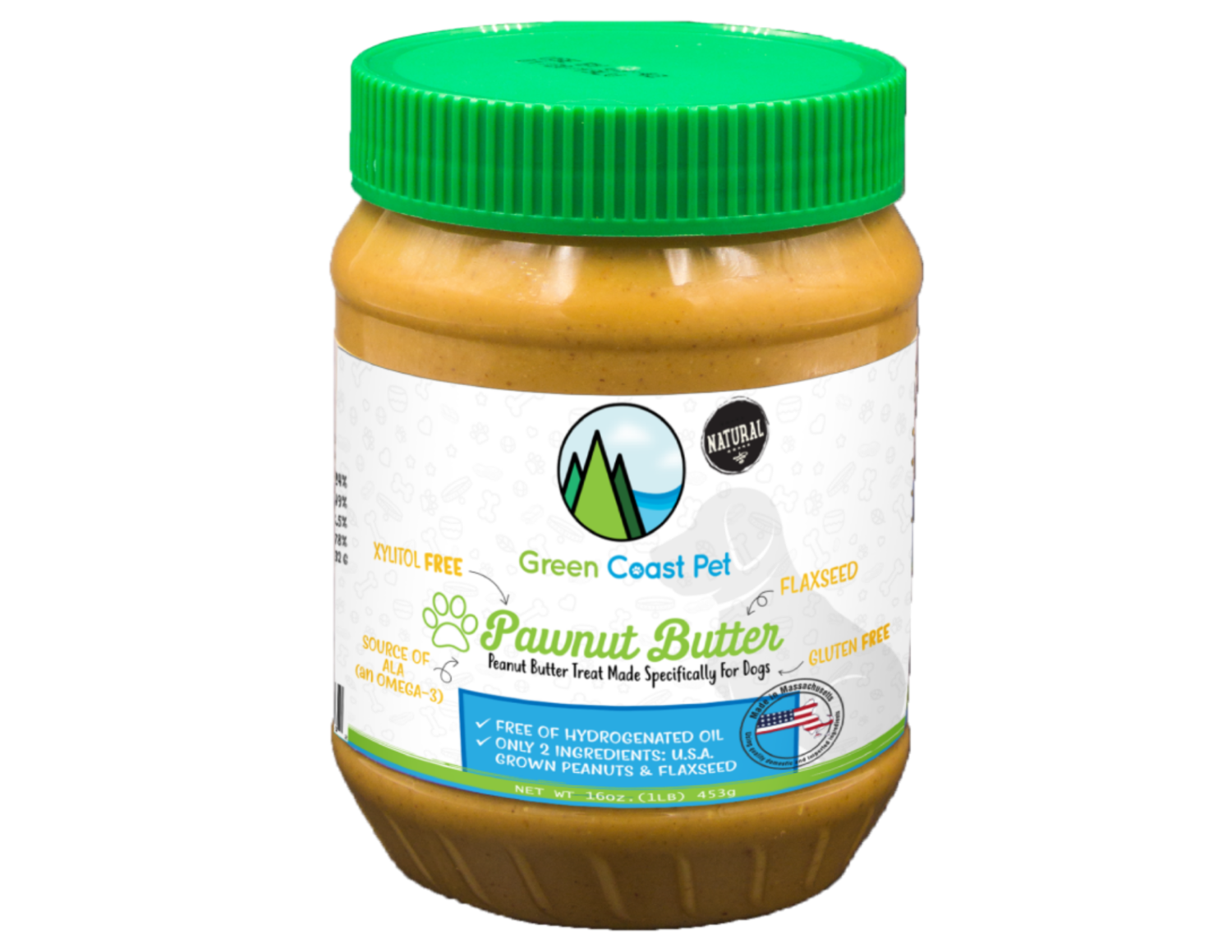10 Plants to Avoid With Your Pets
Many people have homes filled with plants toxic to dogs and cats. Because these plants commonly sold at the garden center, they are assumed to be safe. Many people never have an issue with a toxic plant and their pets. These issues tend to occur if the animal is bored or stressed and finds the plants to chew on. Here is a list of ten plants to avoid with your pets, or put out of reach of your pet.
- Aloe: aloe and its sap are both toxic to dogs and cats
- Lilies: they are very toxic even in small doses and can cause kidney problems
- Marijuana: this is pretty intuitive but Colorado has seen a rise in marijuana related pet poisoning in the recent years
- Amaryllis: ingestion can cause vomiting,GI distress and tremors
- Sago Plant: all parts of the prickly tree are poisonous but the seeds are the most toxic
- Tulip: the bulb is the most toxic portion of the plant, this poison can cause cardiac issues
- English Ivy: all parts of this plant are poisonous, and can cause GI issues
- Pathos: this common houseplant causes swelling on the mouth and tongue
- Chrysanthemum: these pretty flowers can skin issues if your pet comes in contact with it and its sap, and can cause vomiting if eaten
- Fruit trees: some part of the fruit tree can harm your pet (this includes citrus, apple seeds, and grapes)

What to do if you suspect poisoning?
Most toxic plants cause gastrointestinal issues when ingested. Be on the look out for any vomiting, diarrhea or not wanting to eat in your pet. Also check to see if your pet has chewed the plant or there is other evidence your pet got into the plant.
The ASPCA has a free pet poison control line.This line is open 24/7 and can advise on any type of poison. They will generally direct you to the vet once you figure out if what your pet ate is poisonous. Get to the vet as quickly as possible.
Poison control line (888) 426-4435
What can I do to prevent pet poisoning?
The best thing you can do is be aware. Be on the look out for signs your pet is interested in the plant, like sniffing and licking it. Also be aware of your pet’s mood. Many poisoning issues occur when your pet is bored or stressed.
If you have a particularly adventurous pet who likes to eat new things, try to avoid these plants in general.Choose plants that are pet safe, like most mint plants.
Pet poisoning turns fatally when treatment is not received quickly. Unfortunately it takes many owners too long to notice the symptoms and suspect poisoning, so it is too late by the time they seek treatment for their pet. Always be aware of the poison risks in your house and look for signs of plant ingestion if your animal is acting odd.





















